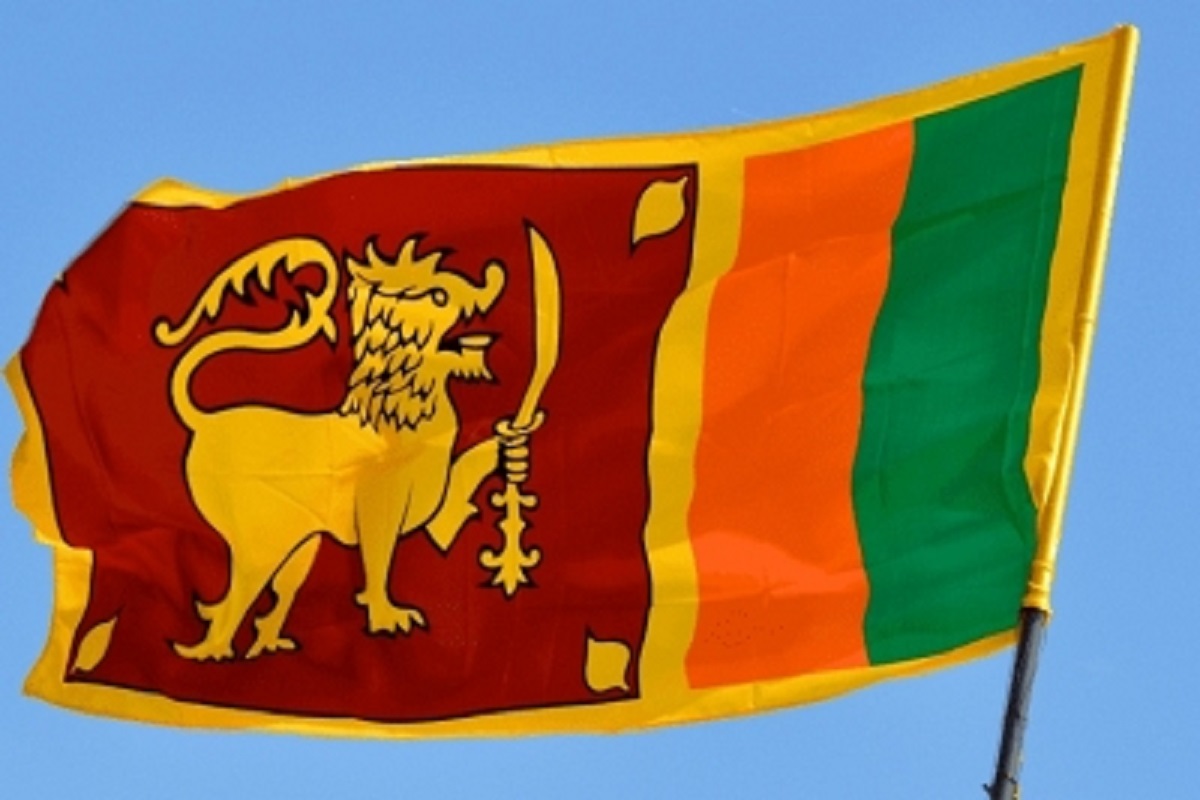Handloom fashion show at Bharat Tex 2025 attracts buyers from Europe, Australia
The event was organised at the amphitheatre in Bharat Mandapam as part of the Bharat Tex 2025 exhibition being held here from February 14-16.
The country has less than a day’s worth of fuel left; most shops closed; bus operators run
skeleton services

File Photo
Sri Lanka Economic Crises: Sri Lanka has less than a day's worth of fuel left, the energy minister said yesterday, with public transport grinding to a halt as the country's economic crisis deepened. Petrol and diesel queues snaked through the capital for kilometers, though most pumping stations
have been without fuel for days.
Energy minister Kanchana Wijesekera said petrol reserves in the country were about 4,000 tonnes, just below one day's worth of consumption.
"The next petrol shipment is expected between the 22nd and 23rd (of July)," Wijesekera told reporters in Colombo. "We have contacted other suppliers, but we can't confirm any new supplies before the 22nd." Last week, cash-strapped Sri Lanka announced a two-week halt to all fuel sales except for essential services to save petrol and diesel for emergencies.
Most shops were closed yesterday, with the situation expected to worsen when banks and offices reopen today.
Desperate people were seen trying to flag down the few vehicles on the road hoping for a ride.
Privately owned buses, which account for two-thirds of the country's fleet, said they operated a skeleton service yesterday as they were badly affected by the fuel shortage. & quot;We operated about 1,000 busses across the country out of the 20,000 owned by our members,& quot;
Private Bus Operators Association chairman Gemunu Wijeratne said.
He said services would be curtailed further today and saw no immediate solution. Three-wheel taxis — a popular last-mile transport — were also off the streets, with most seen in days-long queues to get a ration of six liters of petrol. A shortage of foreign currency to finance even the most essential imports has led to the country's worst economic crisis, with its 22 million people facing severe hardships daily.
(The Daily Star/ANN)
Advertisement
Advertisement
Advertisement